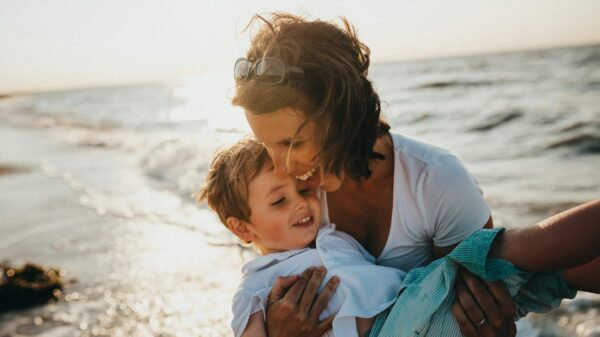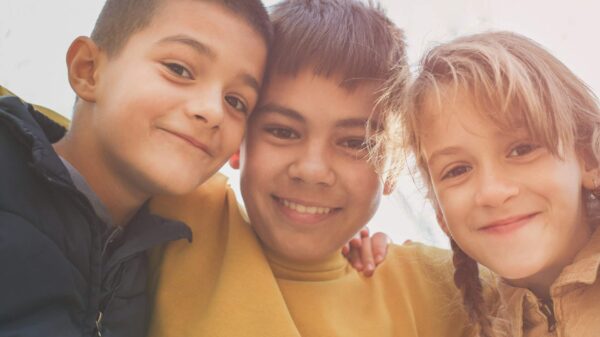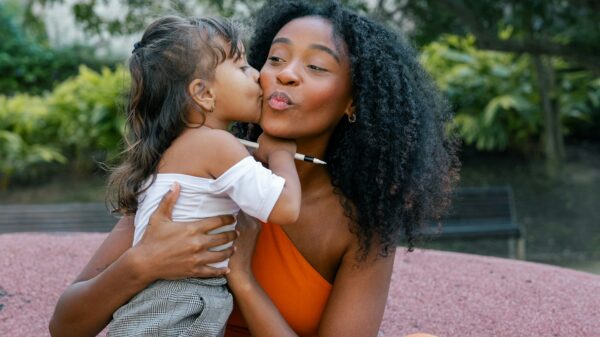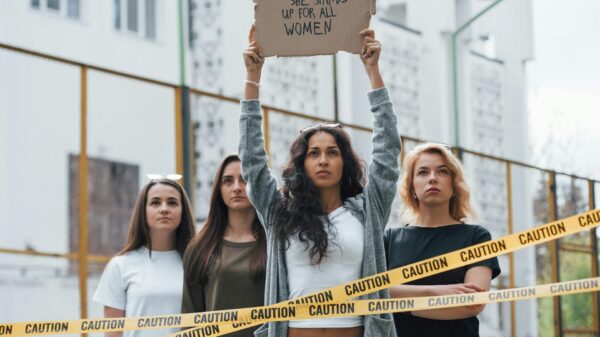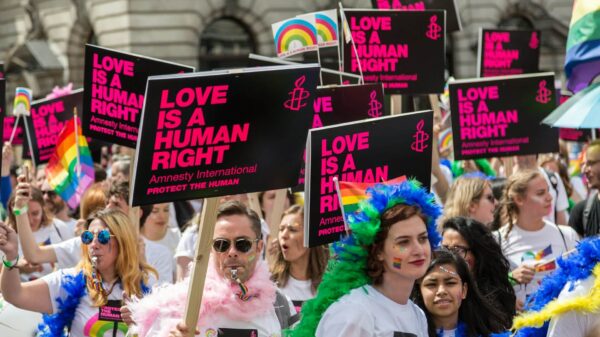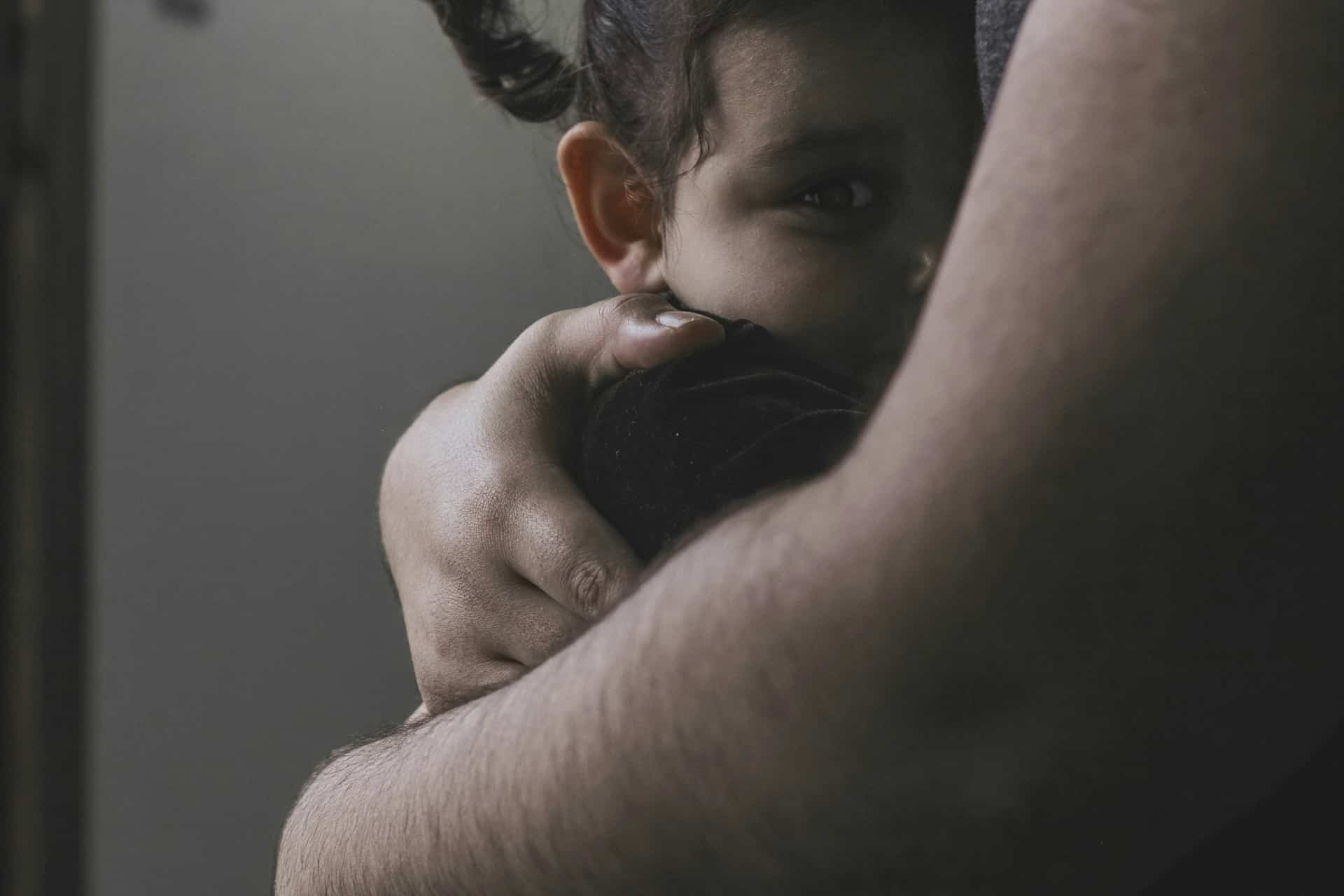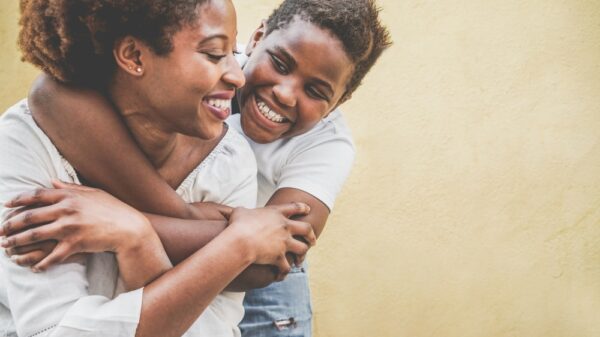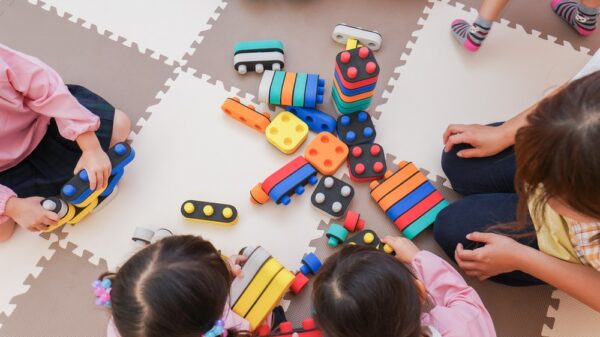Facing the unsettling reality of a child enduring abuse is a thought no one wishes to entertain. This painful truth, however, must be recognized for the sake of both children and their guardians. Grasping the nuances of inappropriate touching and encouraging open dialogues about potentially dangerous situations are crucial steps in protecting our youth.
In our instinctive desire to shield kids from harm, we can sometimes take the wrong approach. Lexi Koster, a Child Life Specialist and Certified Clinical Trauma Specialist, offers an essential viewpoint on this issue, especially in the context of childhood sexual abuse (CSA) prevention. In a recent TikTok video, she provides a striking caution: “Kids will internalize statements like, ‘If anyone ever touches your private parts, I’ll make sure they face consequences,’” she notes. “This can be counterproductive, as many children suffer abuse from familiar individuals—people they trust and cherish.”
The issue is layered and complex. If a child fears that any disclosure might lead to action against a loved one, be it a family member or a cherished friend, they may become hesitant to share their trauma. They could think, “If I tell, my parents will hurt them,” and that apprehension can lead to continued suffering. Koster stresses the importance of reassuring them by saying, “We’ll ensure they receive the help needed from trusted professionals, but it’s not your fault, and their outcomes are not your responsibility.”
As parents, our instinct is to be unwavering defenders for our children. However, it’s equally vital to understand that abuse presents emotional challenges for them. Adding more promises of retribution onto an already complicated situation can increase the pressure they feel.
Regrettably, many have shared experiences that underscore Koster’s observations. One school counselor mentioned, “In my position, I frequently hear students disclose abuse by someone they are closely connected to, perhaps even someone they live with. It’s crucial to approach this conversation with sensitivity. As a mental health professional on the outside of their family, I must be mindful of how I address the alleged perpetrator, as their emotions are often much more intricate than I can grasp.”
Another survivor shared, “Taking legal action against my abuser was exceptionally challenging because he was my uncle, a family friend. I didn’t want him to face trouble, and hearing my parents threaten him made it even more difficult.” A different individual reflected, “My mom would say, ‘Your father and uncle would end up in prison for anyone who harms you.’ Those words caused me to hesitate for years before I confided in anyone about what was occurring.”
Childhood sexual abuse is a devastating reality in our society—it’s profoundly tragic, intricately complex, and, regrettably, all too prevalent. Despite our honorable intentions, managing these emotions can prove difficult, potentially hindering our ability to effectively support our children. Fortunately, numerous resources are available to help parents navigate this complex terrain.
If you are seeking additional information or assistance, consider exploring organizations such as the Rape Abuse & Incest National Network (RAINN), Darkness to Light, Brave Movement, or the National Child Traumatic Stress Network. These organizations offer essential resources and guidance to help parents protect their children and respond appropriately to this unimaginable violation. Empowerment through knowledge and understanding is your best asset in creating a safe environment for your kids.





